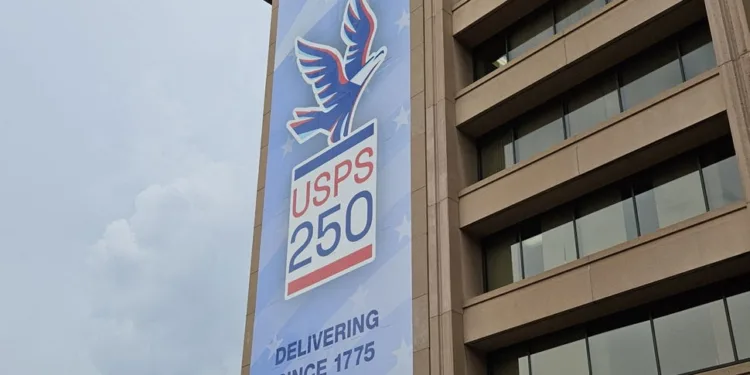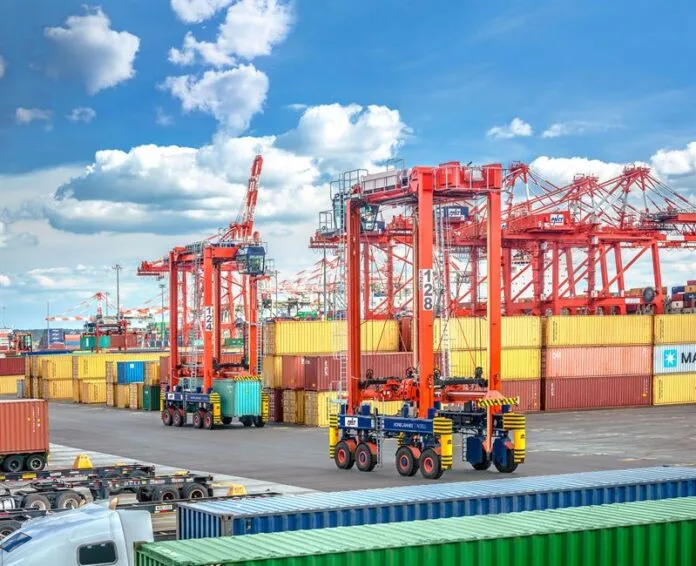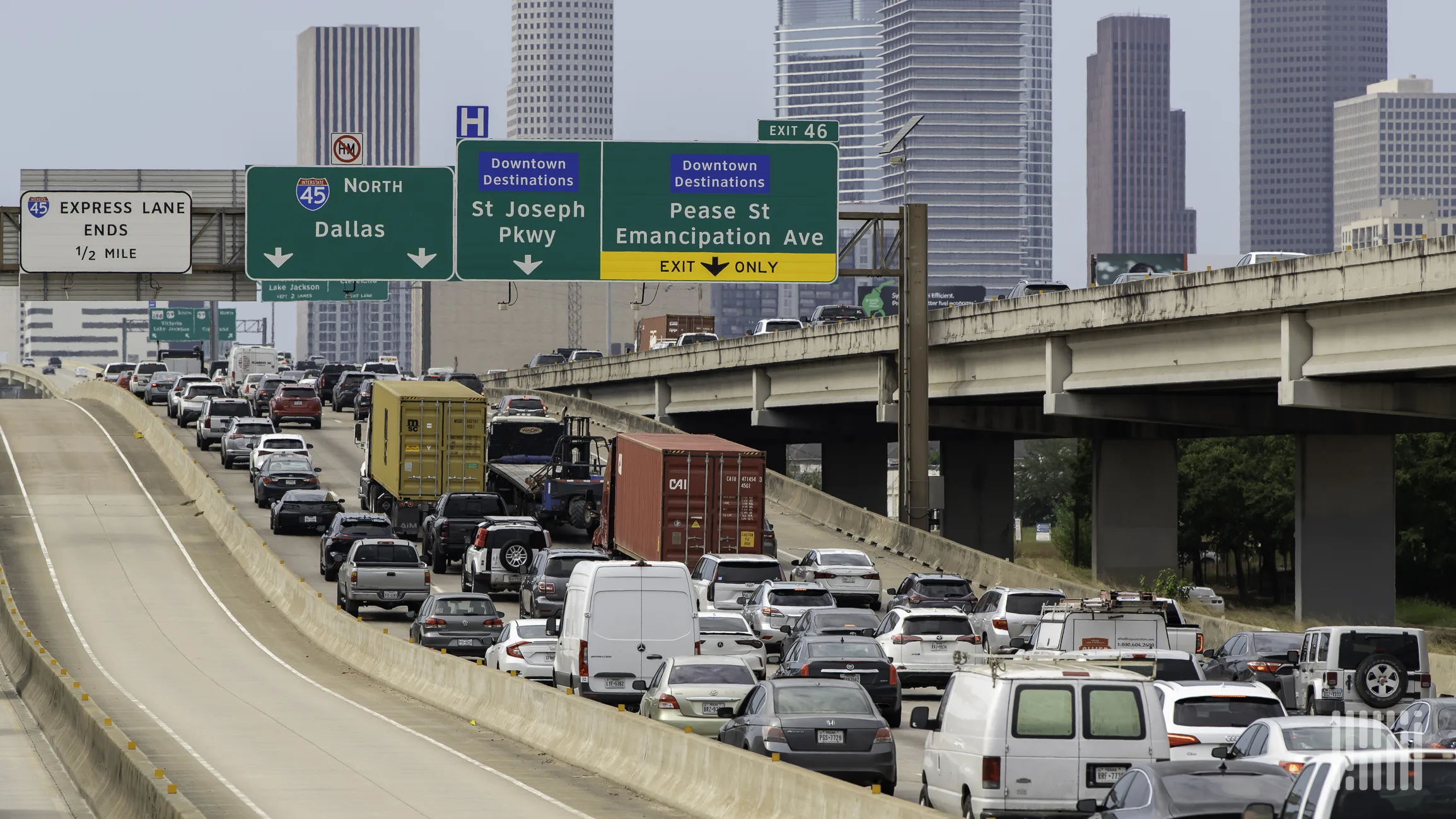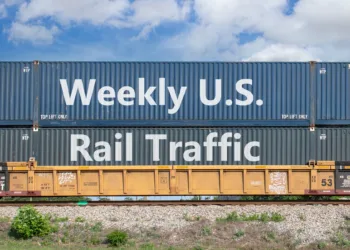David Steiner officially took the helm of the U.S. Postal Service on Tuesday amid calls to pull the plug on his predecessor’s restructuring plan and concerns in some quarters that his previous role at FedEx could motivate outsourcing of parcel delivery.
Steiner inherits an agency with 533,000 employees that deliver 112.5 billion pieces of mail each year. Among the challenges he faces are a righting an organization that persistently bleeds red ink, including a projected $6.9 billion loss for the current fiscal year, and degraded service related to network downsizing.
The mail system’s board of governors voted on July 8 to appoint Steiner, 65, as the 76th postmaster general after announcing in early May that he was the preferred choice, pending background and ethics checks. The Postal Service disclosed the vote result in a document filed with the Securities and Exchange Commission, but did not issue a news release about the vote or his first day on the job.
Steiner is the highest paid chief executive in the agency’s history, with a salary of $346,780, according to a separate regulatory filing. The board also gave Steiner a relocation bonus worth 50% of his salary. His total first-year compensation, not including other benefits, is more than $520,000.
Predecessor Louis DeJoy was making $336,399 before being forced out of office by the White House in March. His total compensation, including perks and bonuses, was $561,000.
Douglas Tulino, who served as acting postmaster general since DeJoy’s March 24 departure, has returned to his prior role as deputy postmaster general. The board in May raised his salary to $342,280 and granted him a $100,000 retention bonus.
The president of the United States only makes $400,000 per year and the vice president is paid $253,500, but Steiner and Tulino’s salaries are much smaller than they could earn in the private sector for similar roles.
Some postal unions and other groups have expressed concern that Steiner has a conflict of interest because FedEx is a Postal Service vendor and competitor. Their chief concern is that Steiner could support calls for greater outsourcing, or even privatizing the parcel business. House Democrats, for their part, have questioned whether Steiner would fight to maintain the postal operator’s independence as President Donald Trump centralizes more government power in the White House.
Trade associations representing non-profit and advertising mailers, as well as large parcel shippers, have called on Steiner to scrap DeJoy’s 10-year turnaround plan aimed at reducing structural costs and improving delivery service. They argue that financial losses have continued and that service has deteriorated.
They also want Steiner to put the brakes on price increases for stamps and parcel service. DeJoy’s “Delivering for America” plan focused on raising revenues, in addition to cutting costs. The average price of various Postal Service products increased 7% on Tuesday. Since 2021, the Postal Service has increased the price of a first-class stamp seven times, but critics say price hikes have driven away customers and resulted in less revenue.
If such escalations continue, the price of a single stamp could be $1.19 by 2030, Keep US Posted — which represents nonprofits, newspapers, greeting card publishers, magazines, catalogs, forestry and recycling interests, and small businesses — said in a letter to Steiner dated July 3.
The U.S. Postal Service has recorded net losses in 18 of the past 20 years because of regulatory handcuffs that limit financial and operational options, and declining mail volumes as customers shift to digital communications. Congress in 2022 relieved the Postal Service from the burden of pre-funding retirement benefits decades in advance.
“The Delivering for America plan has not only disrupted the lives of millions of Americans, many of whom rely on the mail for essential communication, but it has also eroded public trust in the institution by jeopardizing the Postal Service’s ability to fulfill its mandate of universal service. Postage increases and service delays also add to the burdens facing individuals and businesses, especially at a time when many are facing economic challenges and depend on an affordable, reliable Postal Service,” Keep US Posted Executive Director Kevin Yoder wrote to Steiner.
Click here for more FreightWaves/American Shipper stories by Eric Kulisch.
Write to Eric Kulisch at [email protected].
RELATED STORIES:
USPS hikes parcel rates and stamps by 7%
US parcel market to grow 36% by 2039, Pitney Bowes says
Postal Service board names FedEx official as CEO before vetting complete
Accounting change, higher labor costs drive $3.3B Postal Service loss
The post Steiner steps in as new US postmaster general appeared first on FreightWaves.


















